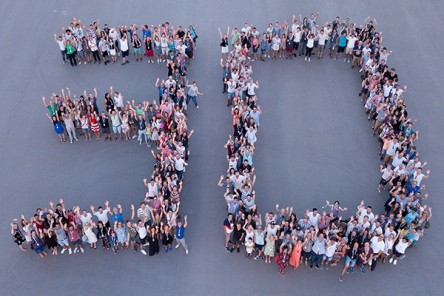Today, around 1000 specialists are working on technical solutions and new concepts for the vehicles of tomorrow at the PSW locations in Gaimersheim and Neckarsulm, Germany. What started 30 years ago when Franz Pickl, Werner Schmidt and Manfred Wagner founded PSW GbR in Kösching, Germany on May 8, 1988, as a three-man operation using their initials for the company name, has become a successful large company.
The change is a great challenge, but it is all the more an opportunity to move the company forward and further
But new technologies and trends are changing the world at a breathtaking pace. The upheaval of the automobile industry means PSW, like all other companies in the industry, is facing new challenges.
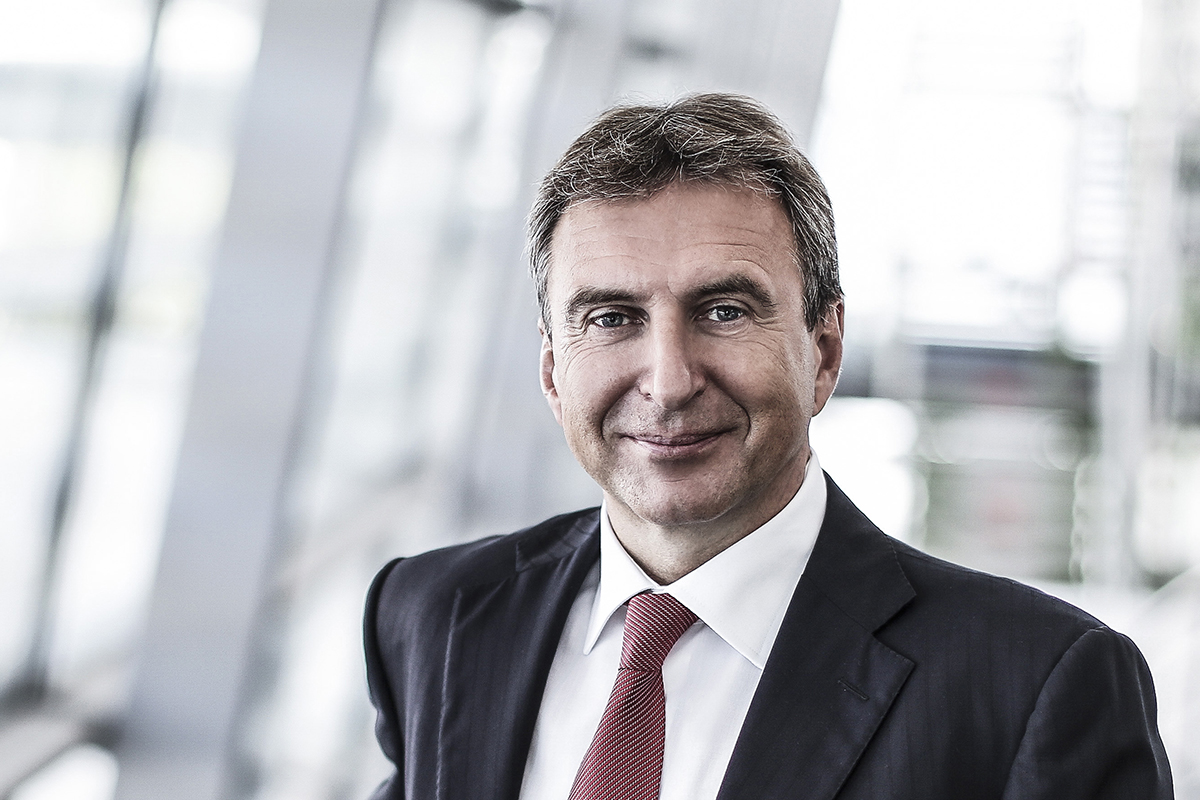
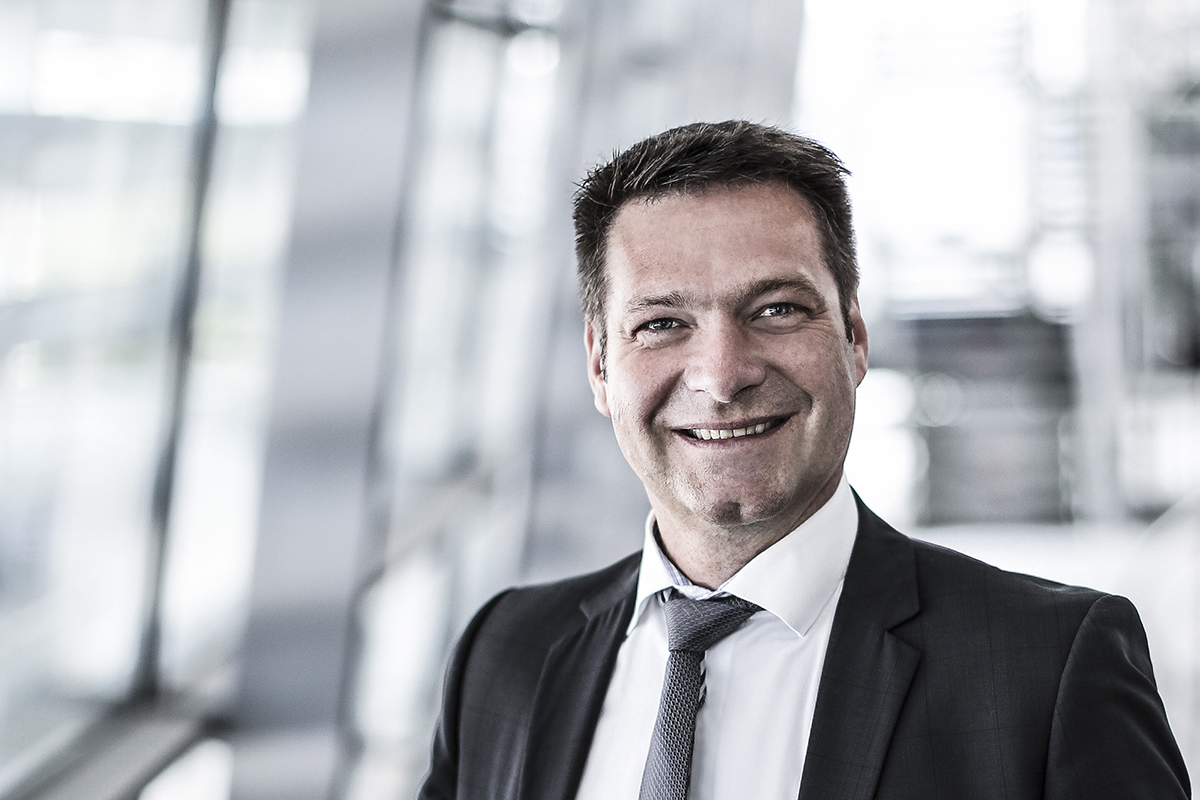
Where does PSW stand today?
Silvio Schindler: PSW is a company that is outgrowing itself once again. Thirty years ago, founders Pickl, Schmidt and Wagner had the courage to believe in the ability and passion of their employees. Today, PSW is a different company than it was back then, but we have retained our strengths in developing our expertise in future technological fields. The ability and the passion are still the same, which is why we look confidently to the future.
What changes does the company have to deal with?
Silvio Schindler: The entire automotive industry is undergoing the biggest transformation in its history. This also affects us as an engineering partner.
For example, we have to focus on the development of new propulsion technologies, where previously there were only gasoline and diesel engines. Today, apart from internal combustion engines, there are the electric powertrains, from battery, hybrid right up to fuel cell technology.
But we are also changing in other ways as far as our position in the market is concerned. As the scope of supply increases, we bring in more competence and greater responsibility. As a result, we now control processes in which we previously only participated.
Change is a big challenge, but it also offers us new opportunities. Moreover, with our new corporate strategy PSW2025, we have the right tool to seize these opportunities.
What are you particularly proud of?
Silvio Schindler: Clearly the Q8 and the PSW team that co-developed the vehicle. This is a vehicle that really excites us. The Q8 looks as great as it drives, its engineering is first class. We have contributed a lot to the development of this automobile. An outstanding achievement, considering that it not only had to be designed and developed, but tested, too.
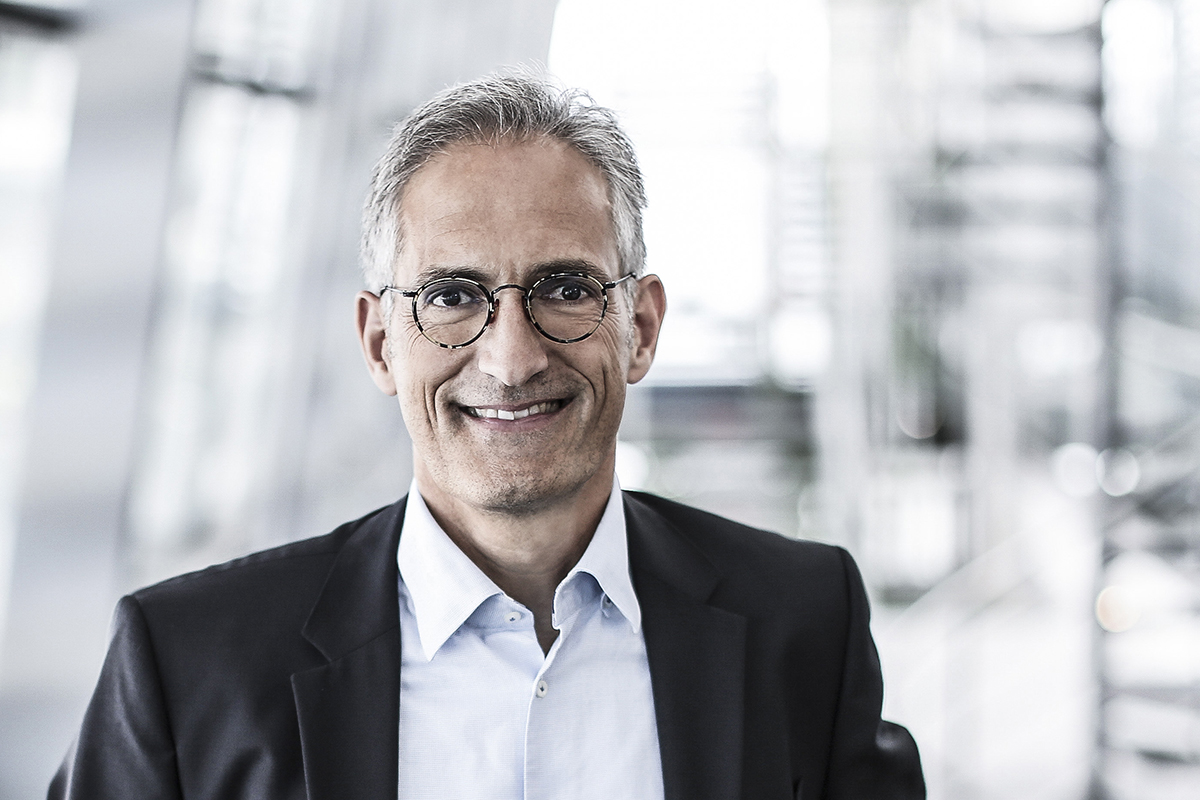
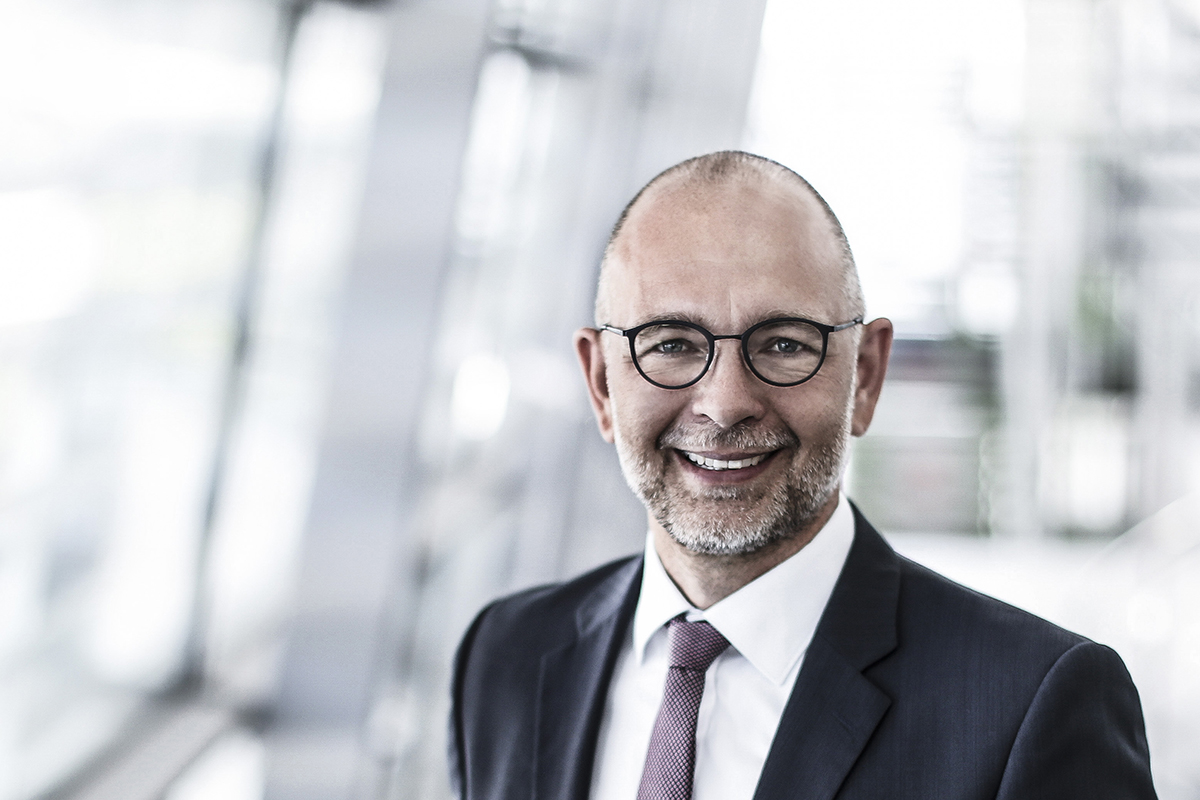
Sounds like a lot of responsibility.
Andreas Fidorra: Absolutely. Our new role as a comprehensive development partner brings a lot of responsibility with it. We have to coordinate with our customer AUDI AG in a completely different way. The need for coordination is higher and the processes more complex. Obviously, that instills respect right from the start, but here, too, PSW colleagues have outgrown themselves. In the process they have made a name for themselves as competent experts.
How well do you see PSW prepared for the challenges of the future?
Jochen Keller: Better than ever. The new matrix structure, the development of new competences – all this makes us more productive than ever.
Andreas Fidorra: Now it is important that we develop further future-oriented vehicles with our partners and Audi. In addition, we are expanding our pioneering position in fuel cell propulsion.
Jochen Keller: But we will only succeed if we strengthen and develop the team. That’s why we are currently establishing professional competence management. In essence, these are the instruments with which we derive the necessary competence portfolio from the new strategy and push ahead with setting it up.
We have our goal clearly in mind: We will become a leading development partner for the mobility of the future
Why is fuel cell technology so important for PSW?
Andreas Fidorra: The variety of drive units will continue to increase. The fuel cell drive is a good addition to pure battery drive units, because it achieves greater ranges, especially under load. Our chance lies in the integration of this technology. This includes thermal management, for example. We already have competences here, and we are expanding these with regards to fuel cell technologies.
What lies ahead in the next few months?
The most important concern is that we are capable of project implementation throughout the company. We have to be able to control suppliers and their specifications. Put simply, in the old days it was enough just to wait for an order to arrive. In the future, each of us must independently think ahead in the interests of the customer.
Michael Gick: In addition, we must systematically implement our efficiency program. This consists of several parts that describe exactly how the company is continuously improving in the respective areas.
Perhaps a look ahead on the occasion of the anniversary?
Silvio Schindler: We have our objective clearly in mind: We will become a leading development partner for the mobility of the future. Integrating and safeguarding systems are fields in which we see great opportunities for our future. Keywords here are assistance systems, smart city functions, operating logic and automated testing. By channeling our efforts into these areas, we are building a unique and forwardlooking profile, delivering innovative comprehensive vehicle concepts. Our new tagline: “engineers of the automotive future” reflects this.
